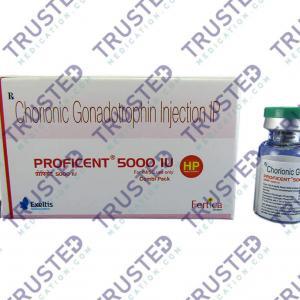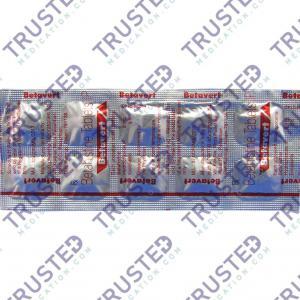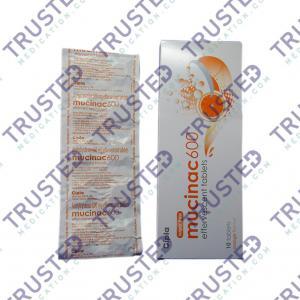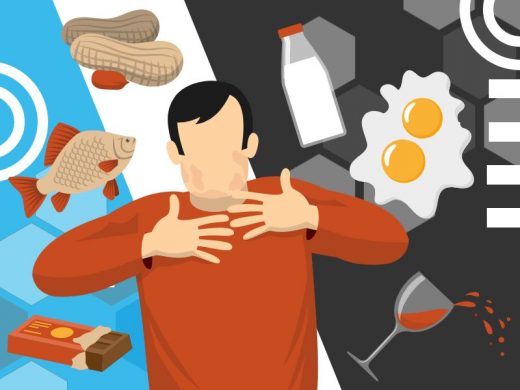
Food allergy occur when your immune system reacts to a certain food. Even a tiny amount of the allergen-causing food can cause symptoms such as digestive problems, hives, or swelling. Anaphylaxis, a life-threatening reaction caused by food allergies, can occur in some people.
Almost 8 % of the population has food-related allergies. While there is no cure, some children outgrow their food allergies as they get older. Nonetheless, food allergy is not similar to food intolerance. Food intolerance is a less serious condition that does not involve the immune system.
Symptoms of Food Allergy
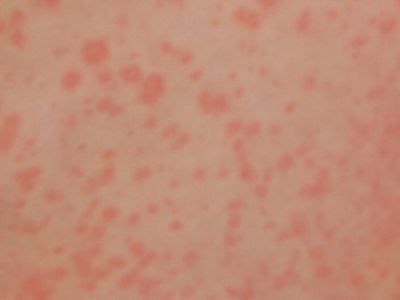
Symptoms can range from mild to severe and affect each individual differently. Nonetheless, every person will experience similar symptoms. Seek medical help when you experience:
- Tingling in the mouth
- Facial swelling
- Burning sensation in the lips or mouth
- Hives and skin rash
- Vomiting and nausea
- Runny nose
- Diarrhea
- Streaming eyes
Avoid the allergy trigger to prevent complications. The typical foods that trigger allergies are:
- Eggs
- Milk
- Fish
- Seafood
- Nuts from trees such as Walnuts and Hazelnuts
- Peanuts
- Cashews
- Pistachios
- Shrimps
- Crab
- Lobster
- Soybeans
- Wheat
What Causes Allergic Reactions?
Food allergies occur when your immune system mistakenly identifies food or substance as harmful. It leads to adverse reactions and triggers your body cell to release antibodies to neutralize the allergy-causing food.
How to Diagnose Food Allergies?
Doctors ask people about their reactions to food to diagnose food allergies. The assessment will help them determine:
- The symptoms that are occurring
- How long does it take for the reaction to occur
- Which food causes it
- Whether the food is cooked
Seek an allergist to help in diagnosing allergies and re-track your history of allergies, asthma, and seasonal allergies.

Here are some tests to diagnose food allergies:
- The skin prick test. Your doctor will place some diluted foods into your skin or arm and lightly prick your skin. Any reaction, such as redness, swelling, and itching indicates allergies.
- Blood test. It looks for the presence of antibodies that are specific to certain food proteins and can indicate an allergy.
- Physician-supervised blinded oral food challenge. It is a scientific method to diagnose a food allergy. A physician gives the person a suspected food allergen in increasing amounts and tracks the symptoms under close supervison. This method removes the chance of psychological reactions.
Medications for Food Allergy
Tablets and shots are given to severe allergies but it is better to seek medical advice to avoid other complications. Topical medications are also available to reduce the symptoms such as itching, hives, and inflammation. Inform your doctor when the allergy persists for a week or two.



